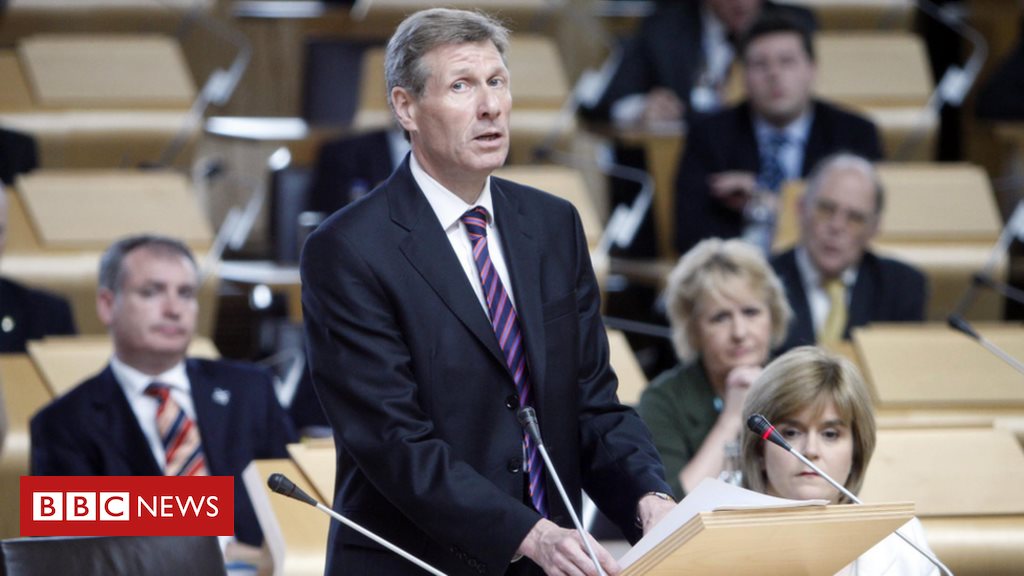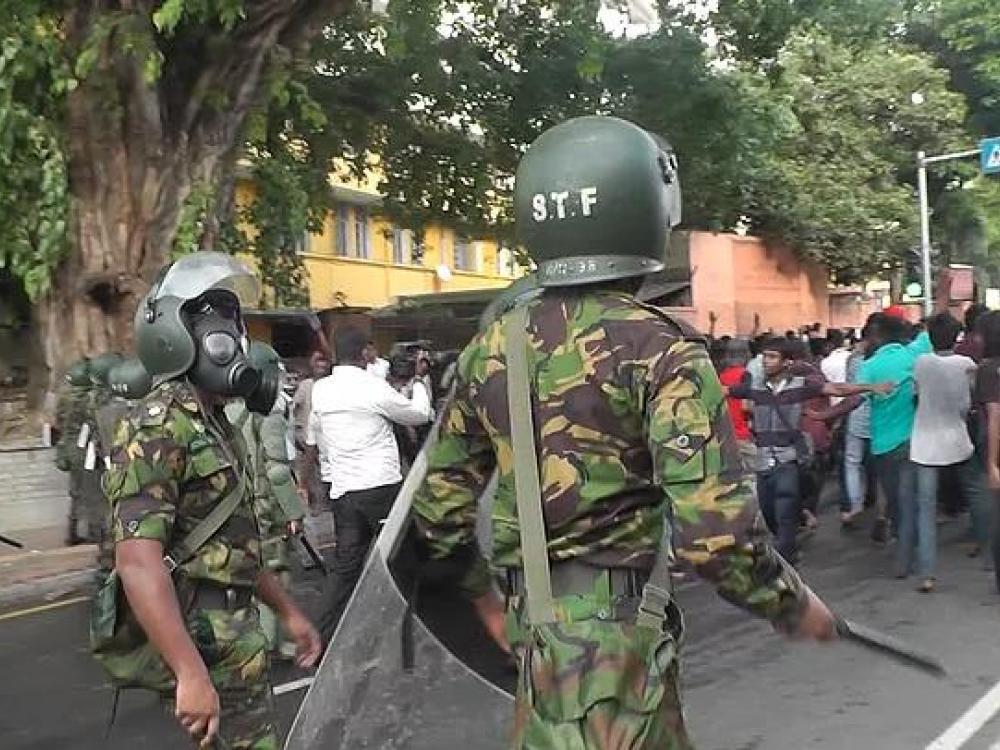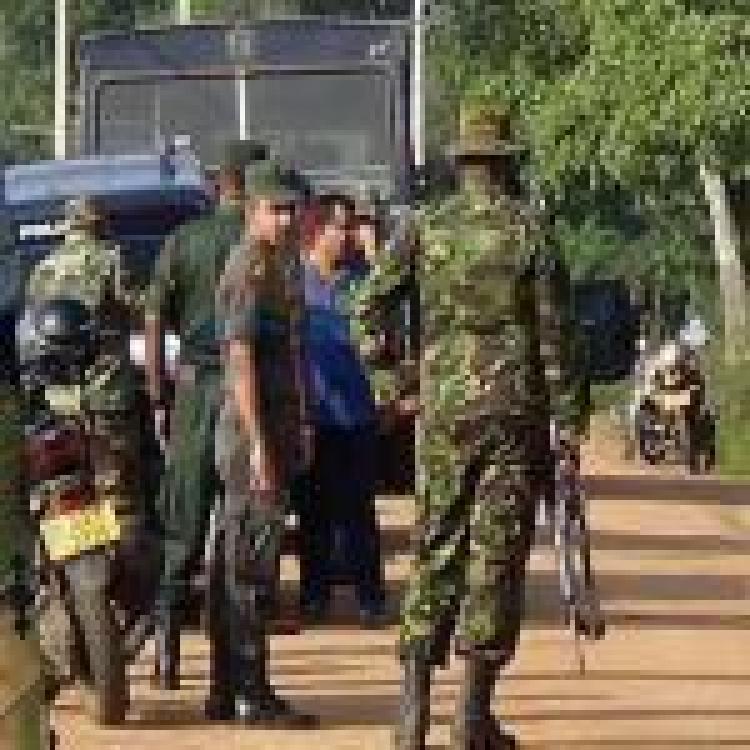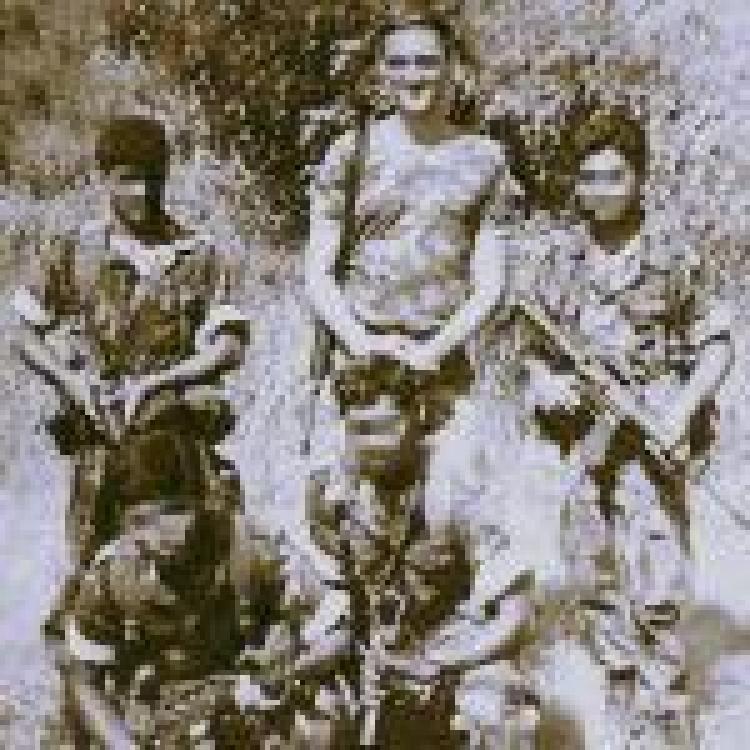
Speaking to investigative journalist, Phil Miller, former Justice Minister for Scottish Parliament, Kenny Macaskill, admits to turning a ‘blind eye’ to Police Scotland’s training of Sri Lanka’s forces, despite concern over human rights violations.
Turning a blind eye

“You’re right, it’s something we need to take action upon […] It’s something that’s slipped by in Scotland […] it occasionally appeared in the papers. I have to say, as a former justice secretary, I was oblivious to it”, he told Miller.
He further expressed regret for not stopping the scheme whilst he was Minister and added:
“I don’t think it’s a matter of powers, it’s a matter of will or a matter of awareness. Something that is a problem in Scotland is we think we don’t do these things, and then actually what you do is deliberately turn a blind eye. Yes, we do. We would criticise it if it was Sandhurst training El Salvador and Guatemalan police units.”
Macaskill further expressed concern over those being trained by the Scottish Police College noting that “there was a chap from Hong Kong who was asked what he would do if there was a threatening crowd outside the building and he said ‘we’d release the sniper”. Upon hearing this, MacAskill asked the commander of the college, “What are you doing training the likes of this?”
The SNP’s current Justice Minister, Humza Yousaf, has repeatedly dismissed calls for the Scottish police training to stop.
Holyrood review
Despite the ongoing human rights violations, Police Scotland renewed their contract with Sri Lanka’s forces earlier this year prompting demands for a Holyrood review, examining the human rights impact of their programme.
The renewal of Scotland’s training program follows the launch of a war crimes investigation launched by the Metropolitan police examining the actions of British mercenaries in Sri Lanka. Miller highlights the role of the Scottish police in training Sri Lanka's notorious STF (Special Task Force) which are accused of numerous war crimes including burning down Tamil villages.
A number of voices have raised concern over this training including member of Scottish Parliament Neil Findlay who noted that that Police Scotland has made almost 100 deployments to Sri Lanka in the past eight years despite increasing concerns over ongoing violence by Sri Lanka’s special forces against the Tamil community.
“How can our government condone these human rights breaches and allow our police force to continue having anything to do with a country with such a record of violence against its own people?” he said.
Read Miller's full piece here.


